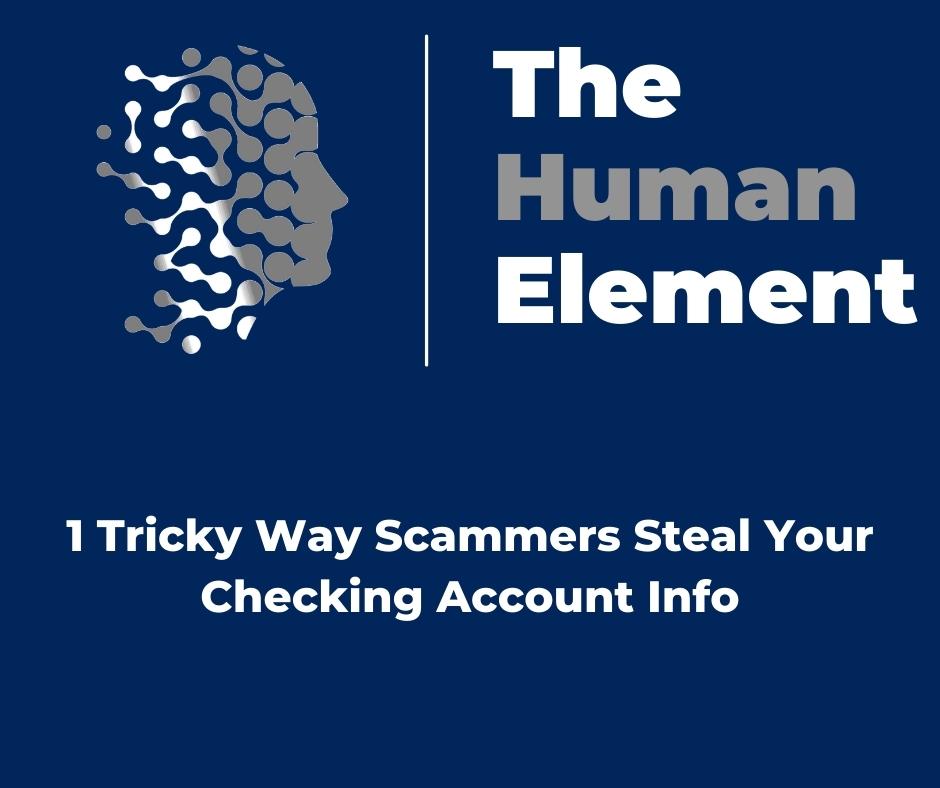An Old Scam Evolves to Meet Today’s World
It was probably 15 years ago when I received a frantic call from a lifelong friend. I have long since forgotten the details of the scam, but I remember the basics of what almost happened.
His wife had received a check from Walmart. It was an advance payment for a significant amount of money (I believe it was $1500). She was instructed to deposit this check and go shopping with the proceeds at Walmart with the money. The purpose was supposed to be to provide a review of her shopping experience at the local Walmart store.
This is a scam. It is an older scam. You’re probably wondering why I am resurrecting a 15-year-old scam. You might also be wondering how I know it is a scam.
I had a brief part-time career as a mystery shopper. It is a lot of work and usually doesn’t pay that well for the documentation and work you must do. You’re not going to be given $1500 to go shopping even today. You might get $10 or $20 at that time.
I am not sure what a mystery shopper gets paid today but it won’t even come close to $1500 for one job. I would be impressed if you received $50 for one mystery shopping gig.
The scammer is counting on you to deposit the check. Once you do, they will be able to see your account information because they will receive a copy of the check with your information. They want to steal your bank account information.
It is a very basic scam that worked quite well at the time. Fifteen years later most of us no longer use paper checks and rarely use electronic checks. I have not written a check in years and only pay a few bills with ACH.
This was the scam that catapulted my interest in social engineering and the related. It is a social engineering scam playing on your emotions. They know someone will be excited to go shopping with $1500 that isn’t their money.
The check will be canceled so now you’ve spent $1500 you didn’t have, and they will likely get the information they were after. They will have your checking account number, and maybe more.
What Does This Scam Have to Do With Now?
Guess what. The scam still exists but like most things, it has evolved.
If you own a business, especially one that has an online presence, chances are you’ve received an email from someone asking if you’re able to handle a larger order than you’re accustomed to.
Here is an example.
Every so often I receive an email from someone who geographically is thousands of miles away from me. I know this based on the content of their email. They will state they are in Los Angeles or something like that. They will ask “how much it would cost to provide 12 Windows 11 laptops with Microsoft Office”. A few sentences later there maybe something along the lines of “Do you accept credit cards?” and there will be something expressing their willingness to pay whatever price tag I come up with.
The methodology has changed but the goal remains the same. They are going to try to get your bank account information or your merchant account information. They are going to try to steal from you.
How Do You Recognize This Scam?
A lot of the indicators of scam (IoS – I just made that up) are like most phishing scams. Here are a few of them.
- Poor grammar. The email will almost always seem to have been translated from another language using Google Translate or a similar tool
- The email comes from a free email address (Gmail, Yahoo, Hotmail, AOL, etc.)
- The request is much larger than your typical client
- They will appear anxious to make a payment and persist for payment details
- They are willing to accept whatever fee you suggest, even if it is higher than it should be
- They often misplace the $ when mentioning a price. (50$)
Essentially if it seems too good to be true it probably is. The easiest way to be sure is to reply with a bloated price for the service or product they requested. If they accept it within minutes, they are trying to scam you.
I usually suggest not replying but this will help you confirm that you’re not missing out on a business opportunity. End the conversation right there if you do decide to engage at all.
If a business is interested in making large-scale purchases, in the thousands of dollars, the request should come from a business email, not a free email. Most business owners are not going to ask for a quote and accept the first one they get within a short period of time, especially on a purchase of something like 12 laptops with bells and whistles.
Final Thoughts
Like everything else in our world scams evolve but remain the same. This scam has been around for decades but had to evolve as Americans use paper checks less and less. It’s easy to understand how a struggling family 15 years ago would get excited at the prospect of being able to spend $1500 that isn’t theirs.
It is also easy to understand how a business owner would get excited at the prospect of a large sale that would improve their bottom line.
Emotion is involved. Excitement for a shopping spree, or a big sale, and fear of missing out (FOMO). When emotion is involved with a professional relationship it’s best to step away. Avoid becoming a statistic.
